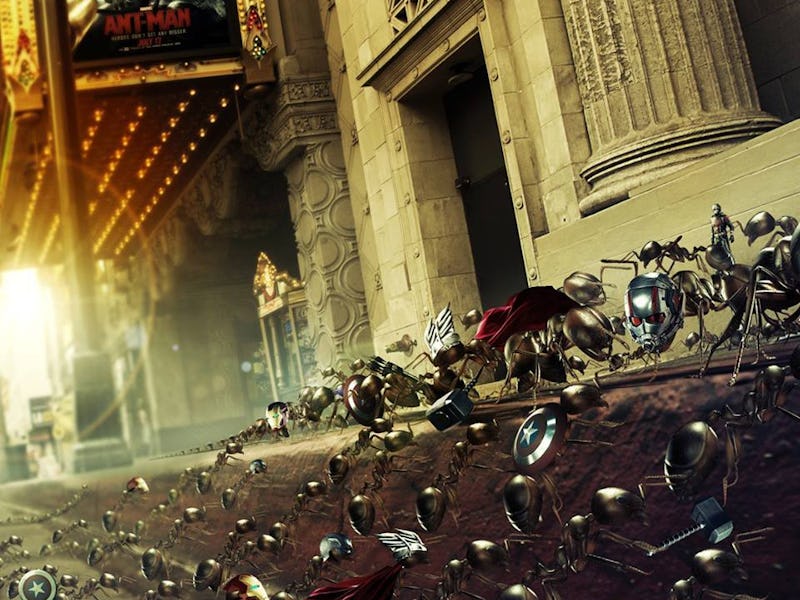'Superhero' Bacteria May Defend Us Against Antibiotic-Resistant Superbugs
Drug-resistant pathogens are a threat. Hope lies with gut bacteria that protect us from their effects.

The war on super-resistant pathogens has a new secret weapon: “Superhero” bacteria. Researchers from the Salk Institute discovered the potentially life-saving bacteria in the digestive systems of mice, opening up an alternative to the traditional model of antibiotic therapy.
If common antibiotics are regular soldiers engaging directly in combat, the newly discovered bacteria are the body’s Justice League. Unlike ordinary drugs, which kill the bacteria themselves, the superhero bacteria rescue the body from the effects of bacterial infection — specifically, the deadly loss of muscle wasting associated with serious disease. The team’s discovery was published today in the journal Science.
“Focusing on disease tolerance — preventing harm done by the disease — instead of microbial eradication is a new paradigm of therapy for infectious diseases,” co-first author Alexandria Palaferri Schiebe said in a news release.
According to the CDC, an estimated 2 million Americans are infected with resistant bacteria annually, and 23,000 of them die as a result. Until now, the war against bacteria has focused on killing them, a strategy that is running up against its limits as bacteria evolve to resist antibiotics. Using superhero bacteria to mitigate the effects of an infection — in this case, muscle wasting — rather than attack the cause offers an alternative to an endless game of bacterial tag.
Salk scientists found a strain of E. coli bacteria (left) that were able to stop muscle wasting in mice infected with either Salmonella Typhimurium (center) and Burkholderia thailandensis (right).
The Salk team discovered the bacterial Justice League in the naturally occurring communities of bacteria living in the digestive system of mice resistant to superbug infection. They isolated a strain of E. coli that appeared to travel from the gut into fat and muscle tissue when the mouse was under bacterial attack. There, the heroic strain activated a signal that stopped degeneration from taking place. When “normal,” non-resistant mice were fed this E. coli strain and infected with superbugs, they also managed to avoid muscle wasting.
It isn’t clear yet whether we have equivalent superheroes living within us, but the discovery in mice offers hope that an alternative to antibiotics exists.